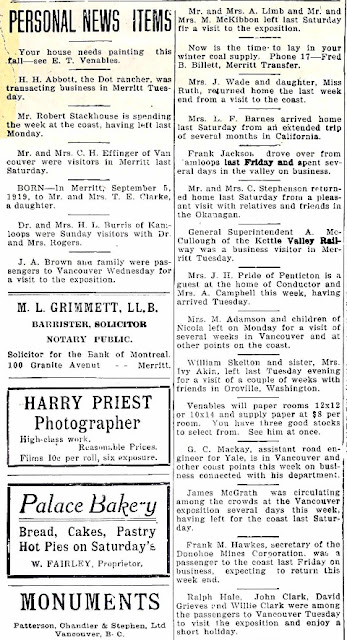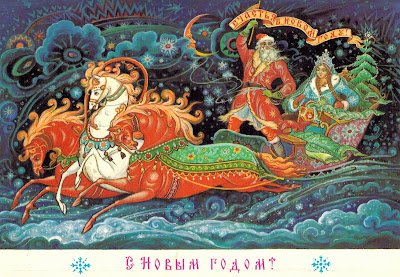Elizabeth Elliot died yesterday. The wife of martyred missionary Jim Elliot had much to teach us about faith. Here is one such article.
This article originally appeared in the October 10, 1969, issue of
Christianity Today. It was posted June 15, 2015, to commemorate the
death of Elisabeth Elliot.
Whenever we hear people say
we were hoping…” we can be pretty certain that their hopes have been
dashed. Whatever it was they looked for they did not get.
When Martin Luther King was killed, the hopes of a lot of people were
dashed. They were hoping he would be their saviour. Others looked to
Robert Kennedy with hope of a new era in America. When President Nixon
was elected, the hopes of those who voted for Humphrey went down the
drain. We were hoping…” they said.
Things happen in our lives that make us want to “pack in” on
everything, as the English say. We work and plan and look forward to
something and it all comes to nothing and we are tempted to say
“What’s
the use?”
But perhaps we should take a careful look at some of our
dashed hopes and try to remember what actually happened later. This
isn’t always possible, for our memories are often short. But for years I
have kept a sort of journal in which I put down things that seem worth
remembering, and it has frequently amazed and cheered me to see the
pattern of things past. Some of my hopes failed, and then there have
been occasions when something far beyond my hopes took place. “To those
who love God,” wrote Paul, “everything that happens fits into a pattern
for good” (J. B. Phillips’s translation of Romans 8:28).
Sometimes the worst has to happen in order for the best to happen. We
hold a high hope, we lose it, and to our utter surprise something
infinitely better than we had hoped is given to us.
Two people were walking along a stony road long ago. They were deep in
conversation about everything that had happened. Things could not have
been worse, it seemed, and I suppose the road was longer and dustier and
stonier than it had ever been to them, though they had traveled it many
times. As they scuffed along, trying to make sense out of the scuttling
of their hopes, a stranger joined them and wanted to know what they
were talking about.
“You must be the only stranger in Jerusalem who hasn't heard all the
things that have happened there recently!” said one of the two, whose
name was Cleopas.
It seemed that the stranger had no idea what things he referred to, so
Cleopas explained that there was a man from the village of Nazareth,
Jesus by name, who was clearly a prophet but he had been executed by
crucifixion a few days before.
“We were hoping he was the one who was to come and set Israel free.”
Things had been bad for Israel for a long time, and those who
understood the ancient writings looked for a liberator and saviour.
Cleopas and his friend had pinned their hopes on this man from Nazareth.
Very likely he was the one God had sent. They sincerely hoped he was.
But he had now been killed, and they knew nowhere else to turn.
The story goes on to tell how the stranger explained to them that they
had not really understood what the prophets had written, and that this
death which had so shattered their faith was inevitable if the Messiah
was to “find his glory.”
This must have seemed a strange phrase. “Find his glory.” What could it
mean? I can imagine the two looking at each other, baffled. This
shameful death—in order to find his glory?
It was not until they had reached their destination and had persuaded
the stranger to stay with them that, while they were seated at the table
and he broke the bread, they suddenly saw who he was.
Jesus himself was back from the dead.
The two who sat with him were no pessimists. They had indeed hoped. But
what puny hopes theirs had been! In their wildest optimism they could
not have dreamed of the glory they now saw. A resurrection—the ultimate
contradiction of all the world’s woes—had taken place; they saw Jesus
with their own eyes. What must their own words have seemed like to them
if they thought about what they had said? We were hoping. . . .” They
could not deny that those hopes had died, but what insane dreamer could
have imagined the possibility that had become a reality before them?
Their saviour had come back. He had come to them, and had sat down with
them and broken their bread for them.
If resurrection is a fact—and we would not observe Easter if we did not
believe it to be—then there is no situation so hopeless, no horizon so
black, that God cannot there “find his glory.” The truth is that without
those ruined hopes, without that death, without the suffering that is
called inevitable, the glory itself would be impossible. Why the
universe is so arranged we must leave to the one who arranged it, but
that it is so we are bound to believe.
And when we find ourselves most hopeless, the road most taxing, we may
also find that it is then that the Risen Christ catches up to us on the
way, better than our dreams, beyond all our hopes. For it is he—not his
gifts, not his power, not what he can do for us, but he himself—who
comes and makes himself known to us.
Elisabeth Elliot is the author of seven books, including Through Gates of Splendor, The Savage My Kinsman, and No Graven Image. She holds the A.B. from Wheaton College and was formerly a missionary.













































